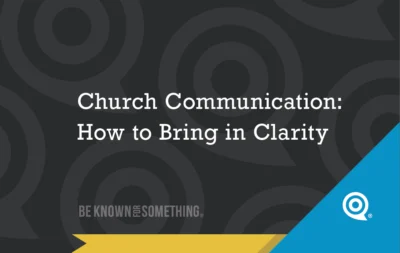Who else wants sermons that engage? (6 SEO solutions)

Sermons that engage is the same goal communication leaders attempt through effective email subject lines and webpage headlines that get noticed. Why? Because open rates of emails teach us what motivates an audience to participate in communication. Much like getting an audience to stop and consume web content because of its headline.
It’s an art requiring a deep-dive into psychology by looking at analytics that are available for digital content. Observing the different engagement of various content types. Often, it’s not about the actual content, it’s more about the framing of the content. Want sermons that engage? Search Engine Optimization (SEO) can provide solutions. Here’s what SEO teaches to make the right people stop, pay attention, and want more. Does it fix a bad sermon? No. Just like an email subject line won’t fix a long, boring email.
So, pray, and create the best sermon God’s laid on your heart. Then, use these SEO answers to craft sermons that engage and reach a potential audience:
- Define the type of person who needs to hear the entire sermon. All communication needs to be directed to an audience. It’s rare you’ll be able to speak to everyone. So, define a group who need the message God’s given you to deliver. Why do they need it?
- Decide what they would search for to find an answer. Everyone seems to turn to Google for answers. Consider what they’d search for to find your sermon content. What words would they include? Those keywords (or key phrase) are important; that’s why keyword research is important in building engaging sermons. It’s easier to get someone’s attention with a content they’re actually seeking.
- Use desired keywords in your title. Use the key phrase from #2 in your sermon title. If it’s near the beginning, more will remember it. They ask “I need that, I wonder what the answer is?”
- Ensure your title feels like a simple solution. People rarely have a lot of time to sit through a long sermon. Use numbers to make it feel achievable and limited. It may sound simple but you’re not saying it’s easy. Tell practical stories demonstrating how God wants to help them.
- Craft an outline that is easy to remember, keyword-rich, and practical. Have a small amount of sermon points that rely on the title. Each point directly corresponds to the solution. Use your key phrase in the points and make them active voice. Things they can do and believe.
- Have a call to action. Repeat it 3 times. SEO shows we need to be reminded how information must lead to action. And we need to be reminded about 3 times. Link to other ministries, give them next steps, and call them to do something. It may be obvious to you but it’s probably not to them.
Remember, the right sermon title could motivate someone to click on an online sermon link or decide they need to attend an in-person service because the sermon is just what they need.
Want 25 Game-Changing Resolutions?
Related Posts

Church Communication: How to Bring in Clarity
In the new year, pastors often set goals. They want to grow attendance, launch new ministries, or strengthen discipleship. However,

Church Branding: Why Every Church Is Known for Something
Everyone is known for something, including your church. This is the heart of church branding. The real question isn’t whether

Church Welcome Video Tips Every Pastor Should Use
Your church welcome video is often the first message people experience before they ever step into your building. Long before


